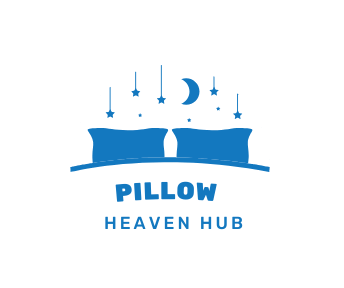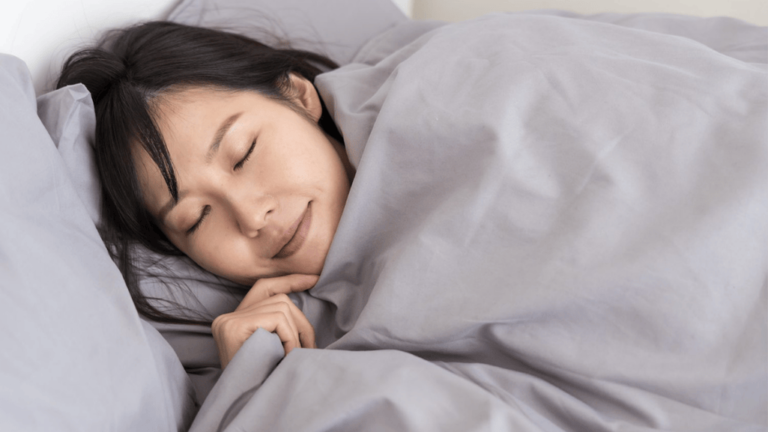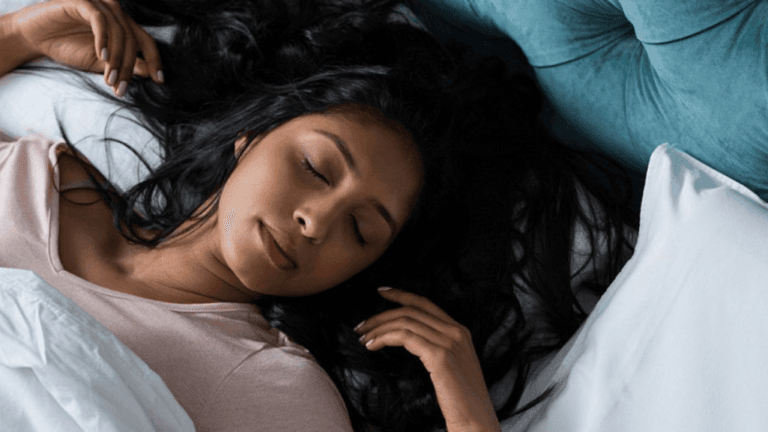Struggling to catch those Z’s? You’re not alone. In today’s fast-paced world, quality sleep often eludes us. But before you reach for that prescription pill, consider the power of nature. Sleep aid herbs have been used for centuries to promote restful nights and rejuvenating slumber.
From valerian root to chamomile, these natural sleep remedies offer a gentle alternative to synthetic sleep aids. They work with your body’s natural rhythms, helping you drift off without the harsh side effects often associated with prescription medications. Herbal sleep supplements are gaining popularity as people seek safer, more holistic approaches to insomnia relief.
Did you know that nearly two-thirds of American adults have tried melatonin as a natural sleep aid? This statistic highlights the growing trend towards natural solutions for sleep issues. While melatonin is widely known, there’s a whole world of herbal sleep aids waiting to be explored.
In this comprehensive guide, we’ll dive into the world of botanical sleep remedies. We’ll explore their benefits, how they work, and how to incorporate them safely into your nightly routine. Whether you’re dealing with occasional sleeplessness or chronic insomnia, nature might just hold the key to your sleep health solutions.
Key Takeaways
- Natural sleep aid herbs offer a gentler alternative to synthetic medications
- Melatonin is widely used, with two-thirds of American adults having tried it
- Herbal remedies can help with falling asleep faster and improving sleep quality
- Popular sleep aid herbs include valerian root, chamomile, and passionflower
- It’s important to consult with healthcare professionals before starting any new supplement regimen
- Herbal sleep supplements may take time to show effects, often requiring consistent use
- Natural remedies can be part of a holistic approach to better sleep hygiene
Understanding Sleep Challenges and the Role of Herbal Remedies
Sleep health is key to our overall well-being. Many adults find it hard to get good sleep, leading to sleep disorders. These disorders affect daily life. Let’s look at why we need restful nights and why people are choosing natural sleep solutions.
The Importance of Quality Sleep
Quality sleep is vital for staying healthy. Adults need 7-9 hours of sleep each night to be at their best. Consistent, high-quality sleep can prevent serious health issues like heart problems and dementia.
Common Sleep Issues Affecting Adults
Sleep disorders are common among adults worldwide. Issues like insomnia, sleep apnea, and restless leg syndrome are widespread. Sadly, 35.2% of US adults don’t get enough sleep each night, putting their health and productivity at risk.
| Sleep Disorder | Prevalence | Main Symptoms |
|---|---|---|
| Insomnia | 22% of US population | Difficulty falling or staying asleep |
| Sleep Apnea | 26% of adults aged 30-70 | Breathing interruptions during sleep |
| Restless Leg Syndrome | 7-10% of US population | Uncomfortable sensations in legs at night |
Why People Turn to Natural Sleep Aids
Many people choose natural sleep aids because of worries about drug side effects. Herbal remedies are gentler and can help with relaxation and sleep health. These natural aids have been used for centuries, offering benefits without harsh side effects.
“Natural sleep aids can be a valuable tool in addressing sleep challenges, offering a holistic approach to improving rest and overall well-being.”
Exploring herbal remedies is important, but we should talk to healthcare professionals before adding them to our sleep routine. Natural solutions can help lead to better sleep health and a better quality of life.
Popular Sleep Aid Herbs and Their Benefits
Many people have trouble sleeping. Natural remedies can help improve sleep gently. Let’s look at some herbs that help you sleep better.
Valerian Root: Nature’s Tranquilizer
Valerian root is a well-known sleep aid from nature. It can make falling asleep faster and improve sleep quality. Studies suggest it works for some people with insomnia. A usual dose is 300-600 mg before bed.
Chamomile: The Calming Classic
Chamomile tea is a top choice for relaxing. It comes from southern and eastern Europe and has been used for centuries to help you sleep. Its mild taste and calming effects make it a bedtime favorite for many.
Lavender: Aromatherapy for Relaxation
Lavender essential oil is famous for its calming scent. Research shows that its smell before bed can make sleep better. It’s great for older adults with dementia. You can use it in a diffuser or put diluted oil on your skin.
Passionflower: Easing Anxiety for Better Sleep
Passionflower extract can help with insomnia. Studies show it can make sleep longer and more efficient. It’s often used to lessen anxiety, which can disrupt sleep.
| Herb | Benefits | Typical Dose |
|---|---|---|
| Valerian Root | Reduces time to fall asleep | 300-600 mg |
| Chamomile Tea | Promotes relaxation | 1 cup before bed |
| Lavender Essential Oil | Improves sleep quality | Few drops for aromatherapy |
| Passionflower Extract | Increases sleep efficiency | Varies by product |
These natural sleep aids could help those looking for better rest. Always talk to a healthcare professional before starting any new supplements.
Melatonin: The Sleep Hormone Supplement
Melatonin is a hormone made by the pineal gland. It helps control our sleep. As we get older, we make less melatonin. That’s why many people use melatonin supplements to sleep better.
These supplements can fix sleep problems by helping our body clocks. Research shows they make falling asleep faster and help people with sleep issues. They’re also good for jet lag, making people feel more awake and less sleepy during the day.
Melatonin does more than just help with sleep. It can also help kids with sleep problems and Alzheimer’s patients who get confused at night. But, taking melatonin can cause headaches and feeling dizzy.
| Melatonin Benefits | Potential Side Effects |
|---|---|
| Improves circadian rhythm disorders | Headache |
| Reduces time to fall asleep | Dizziness |
| Alleviates jet lag symptoms | Nausea |
| Helps with Alzheimer’s-related sleep issues | Drowsiness |
Remember, melatonin can affect how other medicines work, like blood thinners and blood pressure drugs. Always talk to a doctor before taking any new supplements. This ensures they’re safe for you and help you sleep better.
Lesser-Known but Effective Sleep Aid Herbs
Did you know over 60 million Americans struggle with poor sleep? Many turn to familiar remedies, but some herbs are less known but very effective. Let’s look at three natural sleep aids that could help you sleep better.
Lemon Balm: Soothing Properties for Restful Nights
Lemon balm has been used since medieval times. It can boost GABA, a neurotransmitter that helps you relax. Studies show it can reduce anxiety and improve sleep. Drinking lemon balm tea before bed can help you relax.
Hops: More than Just a Beer Ingredient
Hops flower is not just for beer. It’s a strong sleep aid that can make you fall asleep faster. Often mixed with valerian root, hops can be taken as a supplement or made into a tea.
Ashwagandha: An Adaptogen for Stress Reduction
Ashwagandha root is a powerful herb from Ayurvedic medicine. It calms the mind and body, making it easier to sleep. This herb is great for those who struggle with stress-related sleep problems. For people with GERD, ashwagandha can be combined with proper sleeping positions for better sleep.
| Herb | Benefits | Best Form |
|---|---|---|
| Lemon Balm | Reduces anxiety, improves sleep quality | Tea, extract |
| Hops | Increases alpha waves, promotes faster sleep onset | Supplement, tea |
| Ashwagandha | Reduces stress, calms mind and body | Capsules, powder |
These adaptogenic herbs are natural options for better sleep. Always talk to a healthcare professional before starting new supplements.
How to Safely Incorporate Sleep Aid Herbs into Your Routine
Using natural sleep aids can change your life if you struggle with sleep. It’s key to know how to use them safely. This means understanding the safety of herbs and the right amount to take.
Proper Dosage and Timing Considerations
When taking herbal supplements, start with a small dose. If needed, you can slowly increase it. These herbs work best when taken 30-60 minutes before bedtime. This lets your body absorb their calming effects.
Potential Interactions with Medications
Herbal supplements can interact with medicines. This is a big concern, especially with sedatives or blood thinners. For example, some teas might make sleep medicines work too strongly.
Consulting with Healthcare Professionals
Always talk to a healthcare professional before adding new herbs to your routine. They can guide you on how to use them safely. This is crucial if you have health issues or take other medicines.
| Herb | Recommended Dosage | Potential Interactions |
|---|---|---|
| Valerian Root | 300-600 mg, 1-2 hours before bed | May interact with sedatives |
| Chamomile | 1 cup of tea, 30-45 minutes before bed | May increase effects of blood thinners |
| Lavender | 80-160 mg of oral supplements | Can increase drowsiness with sedatives |
Remember, herbs are not as strictly controlled as medicines. The quality and strength can differ between brands. Always choose trusted sources and focus on your safety when trying natural sleep aids.
Conclusion: Embracing Natural Solutions for Better Sleep
Many adults struggle with sleep, with 30% dealing with insomnia. People are turning to herbal sleep remedies for help. These natural options offer hope for better sleep without the need for drugs.
Studies show that natural ingredients can improve sleep quality. For example, reishi mushrooms and L-Theanine from tea can help. Magnesium is also important for better sleep and getting to sleep faster. Mixing these with other herbs could make sleep even better.
There’s a big interest in using natural health methods for sleep problems. A study in 2015 found that herbal medicine can help with insomnia. This is especially true for women veterans, with over 40% having trouble sleeping. As we learn more about natural sleep aids, it’s clear they could be a big help in solving our sleep issues.











